Who are you?

We don’t mean your name, or even what you do for work or school – we mean “who are you”. The “who” that we are is the result of a combination of facets of our identity that are, in themselves, a combination of other things. Who we are today is not the same as who we were in the past, or who we will be in the future, interdependent on so many other things within and outside of ourselves. What is important to you in terms of your identity and who you are is different from who someone else will be and what is important to them. Of course, it is sometimes easy to fall into the trap of looking at the world through the narrow lens of our own experience; we see the world in a particular way, and we see identity in a particular way, which can mean it becomes a challenge to understand the perspectives of others who experience the world and navigate identity differently to us.
Identity is shaped by our life experiences – how we are brought up, where we are brought up, childhood experiences, ...
Animals and Social Media: Where are your clicks going?

Animals and Social Media: Where are your clicks going?
Please note that while examples of different types of content are mentioned and alluded to within this post, we do not encourage actively seeking out content involving animals whose wellbeing may be compromised. We encourage all to be mindful of how their engagement with content can lead to that content receiving more attention, thus encouraging creators to continue sharing problematic videos, photos, and other content involving animals online.
Animals in the age of social media
In today’s increasingly digital world, animals have become common sights across social media platforms. Many zoos, aquariums, animal sanctuaries, and other facilities rely on social media as an important venue for marketing themselves and raising awareness about their work; videos and photos drive traffic to both their websites and their sites, leading to donations, human behaviour change, and other positive outcomes for the facility. Consider, for ex...
The wellbeing of undesired animals in zoos and aquariums
Compassionate zoo grounds for everyone: Care and regard for undesired animals
Written by Sabrina Brando and Max Norman
Who are undesired animals?
Zoos and aquariums are not only home to a myriad of species in human care, but also to a multitude of free-living wildlife species that call the facility grounds their home. Animal care facilities, thus, face the complex challenge of managing these so-termed ‘undesirable’ species that are not deliberately housed. These so-called "pest" species can include rodents, bird and insect populations that have the potential to damage property and infrastructure, spread disease, compromise animal wellbeing through injury, illness, or resource competition, and they may also pose risks to visitor and staff safety. Nonetheless, they have become reliant on our facilities as places of shelter, as a food source, and safe places from predation and other pressures of the outside world.
Compassion for all beings
While undesirable, these animals have an ...
Fight, flight, freeze, and fawn behaviour in animals

Fight, fight, or freeze?
Chances are, you’re familiar with the term “fight or flight”. These words have become ingrained in our understanding of how animals tend to react when feeling stressed or unsafe. The instinctive reaction to either face an aggressor head-on or turn and run to escape conflict, and the biological processes which accompany these responses, are well-known and well-discussed in the animal kingdom. We may also talk about the “freeze” response, where animals remain motionless to avoid drawing attention from a threat. Together, these mechanisms form a repertoire of protective behaviours which aim to manage threat responses and enhance survival either as part of predator-prey dynamics or as part of managing their social groups within their species. However, another response occurs which is often overlooked - the "fawn" response.
What is the fawn response?
Better described in studies of human trauma responses, the fawn response refers to displaying behaviours such...
New book and plans for 2024

Hello
We know we've been a bit quiet on emails lately, so thanks for your patience. Rest assured we've been busy in the background planning for 2024 so that you have the best possible resources to help you care for animals and for yourself.

Planning for 2024
Thank you for everyone who responded to our surveys recently. Collectively you voted to see more:
Conservation scientists and animal welfare speakers
How-to protocols and decision tree frameworks
Topics covering habitat design, cognition, animal behaviour and human wellbeing.
If these weren't your first choices, please don't worry. We've worked hard to include everyone's answers, with a range of interconnected topics that support animal, human and planetary wellbeing.
See the plans for 2024
Good news to end 2023 - our book is published!
Each animal is unique in their preferences, experiences and physical and emotional needs which can change as they age. This book covers science, ethics, and best practices for supporting...
Last chance to have your say
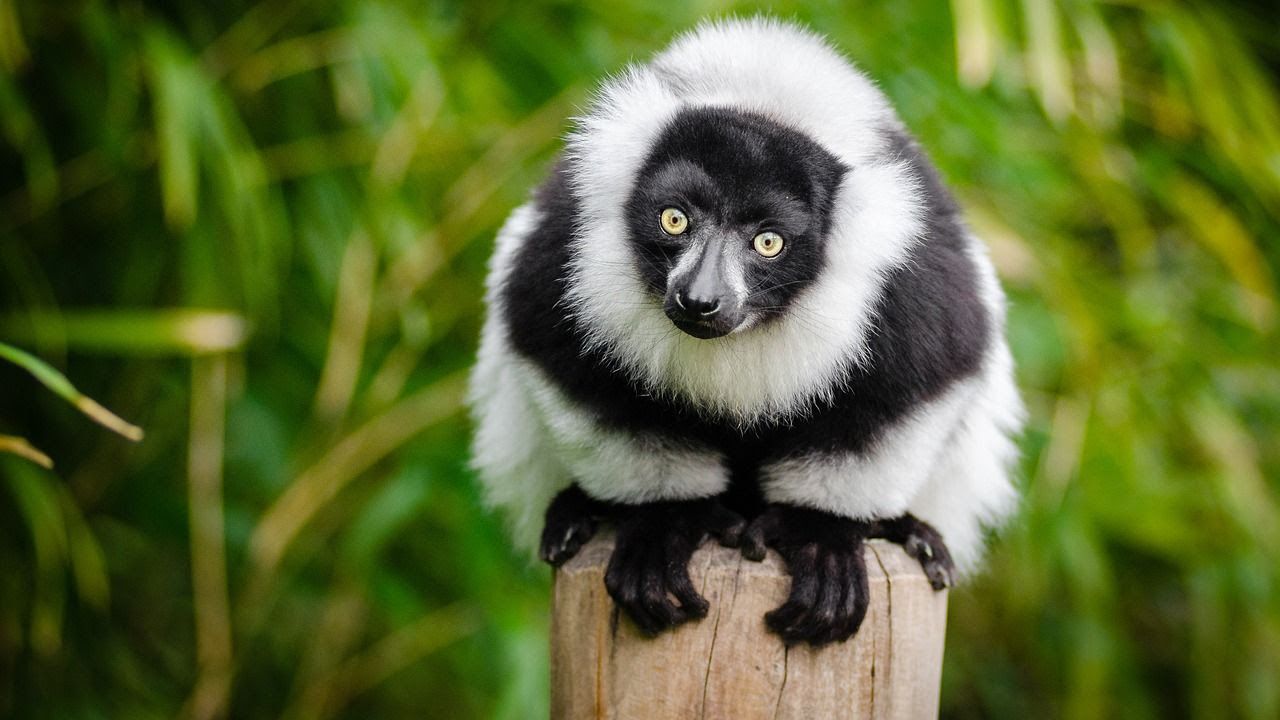
Last chance to have your say for 2024
Membership that helps you make a difference for animals, people, and the planet - now wouldn't that be something special...
The INTERBEING platforms highlight interconnection. They combine science, compassion, and community so that you have a toolbox of opportunities for positive change. You are supported to feel good while doing good for animals, people, the planet and yourself.
The four interconnected platforms include:
- Regular webinars to learn from experts - but who do you want to hear from?
- Tools and resources that put science into practice - but what's most helpful?
- Topics that highlight interconnection - but what topics are interesting?
We're about to plan the platforms for 2024
You get to guide the decision making
Last chance to have your say
Not a member?
That's okay! We make a lot of free resources that you can access without being a member. Our goal is to make learning accessible, interesting and interconnected. You can...
Designing habitats that work
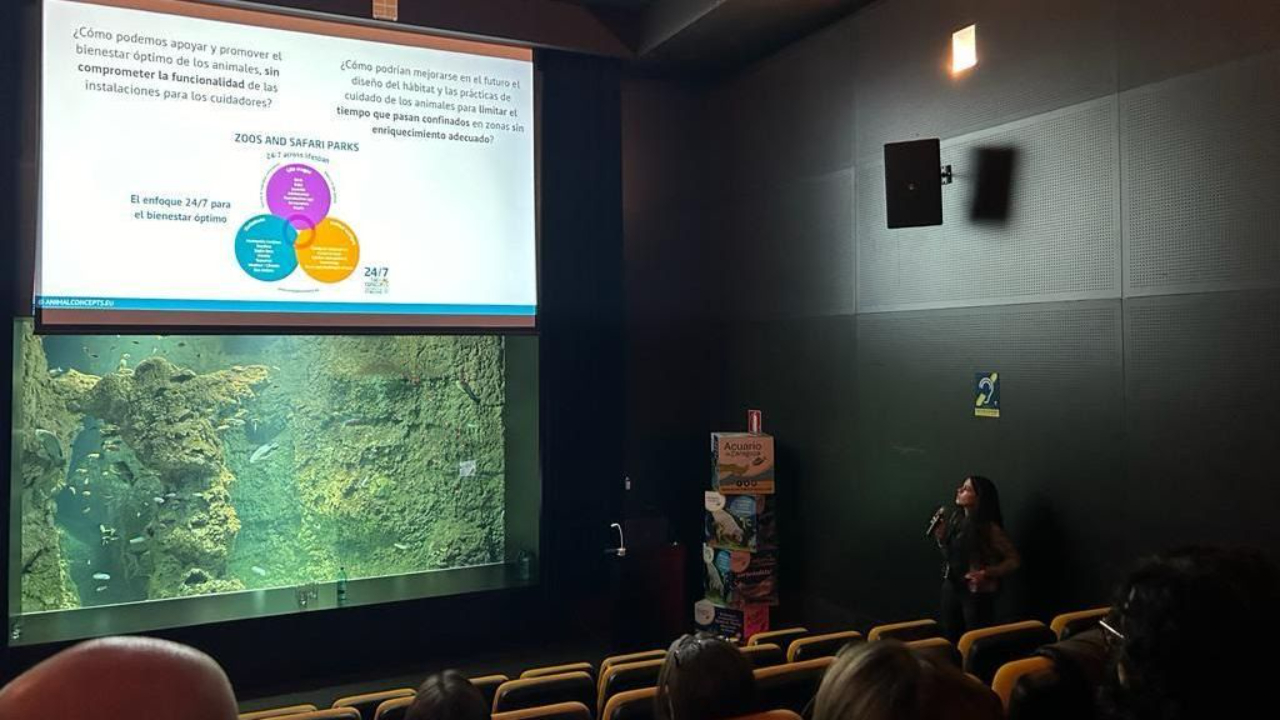
Melody presented at the AICAS conference
By presenting at the Iberian Association of Wild Animal Caretakers (AICAS) ninth Congress, Melody:
- Encouraged empathy: by asking "do you know what the animals in your care do, while you're not there?". Some participants noted that they had not thought about this much before.
- Made learning and interconnection accessible: by presenting in Spanish more animal caregivers were able to consider the individual's needs of their animals, alongside their own wellbeing needs. Making important links between quality of work and quality of life for both.
- Supported creativity: because despite the shared challenges of limited time and money, people started to ask...
"How can we re-design a habitat for it to be functional and positive from the animal’s perspective?"
Find out by listening to the podcast
Last week, The Animal Behaviour Management Alliance invited Sabrina to talk about animal wellbeing science and practice.
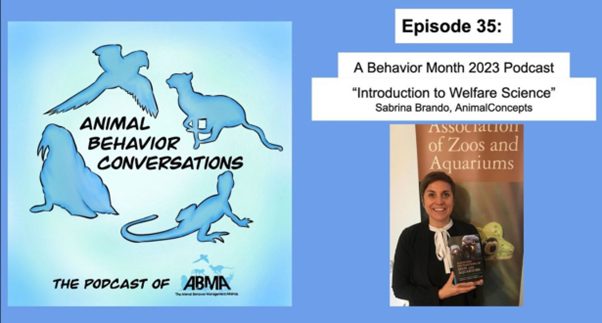
Sabrina shared her though...
It matters how you do things
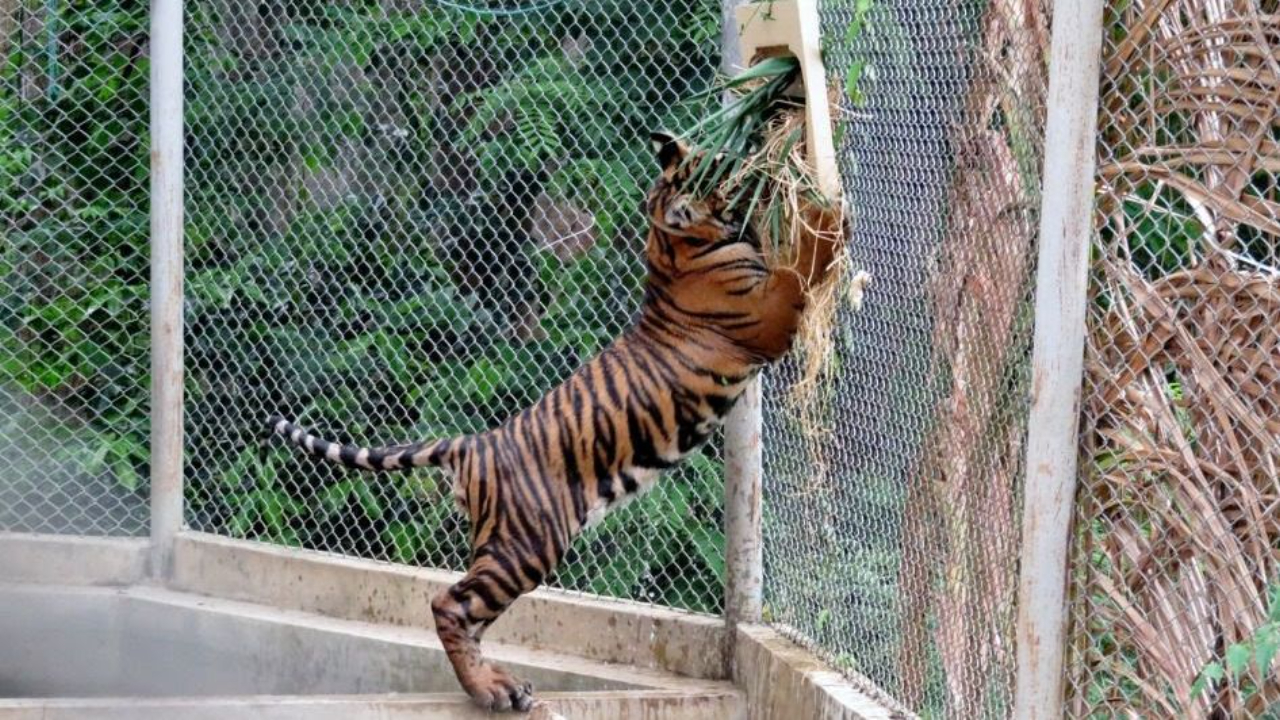
Hello friend,
You might start to see some tiny tweaks...
We all get way too many emails. Inboxes fill up, emails get ignored and content can be overwhelming. But when you get a great email, it's really rather satisfying.
Something that is actually helpful, interesting and meaningful.
Now that sounds like an email worth writing and reading.
We want our emails to be useful. We hope they already are, but we're also in the business of continued improvement! So you might start to see some tweaks and changes as we experiment with what works best.
We just want to say that if there are bits you like, something you find useful, or parts that aren't so great, then please hit reply and share your story. This space is for you.
We're really glad you're here.
How we do things makes a difference
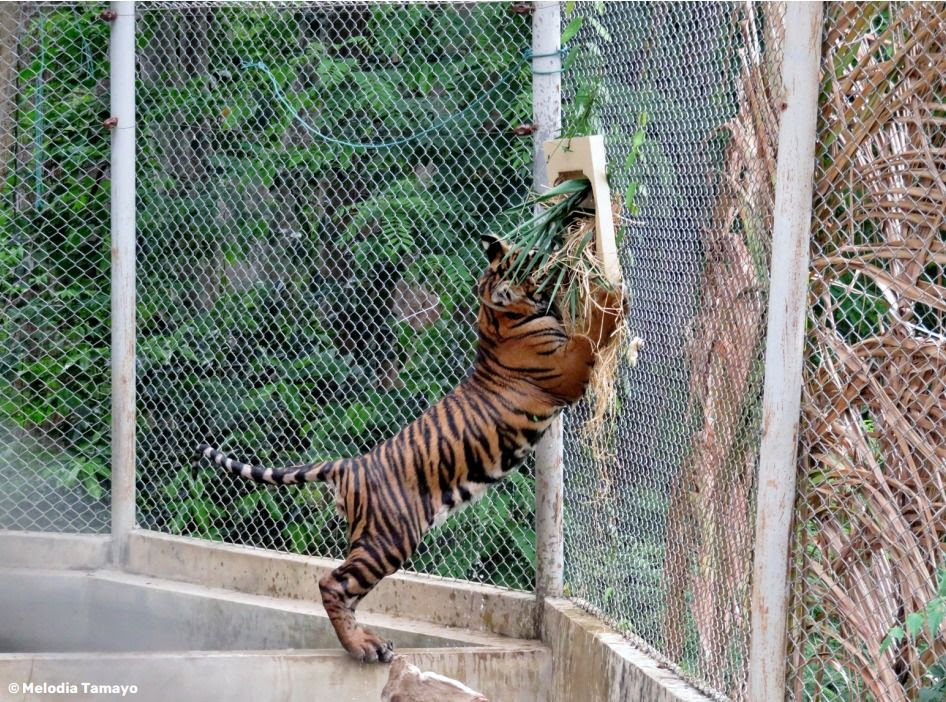
What difference can you make today?
It matters how you think
Melody is presenting a talk in Spanish at the Iberian Association of Wild Animal Caretakers (AICAS) ninth Congress meeting. Key takeawa...
You want a membership that continues to work for you - Survey

You want a membership that continues to work for you
Which is why we we're asking you:
What would you like to see more of in 2024?
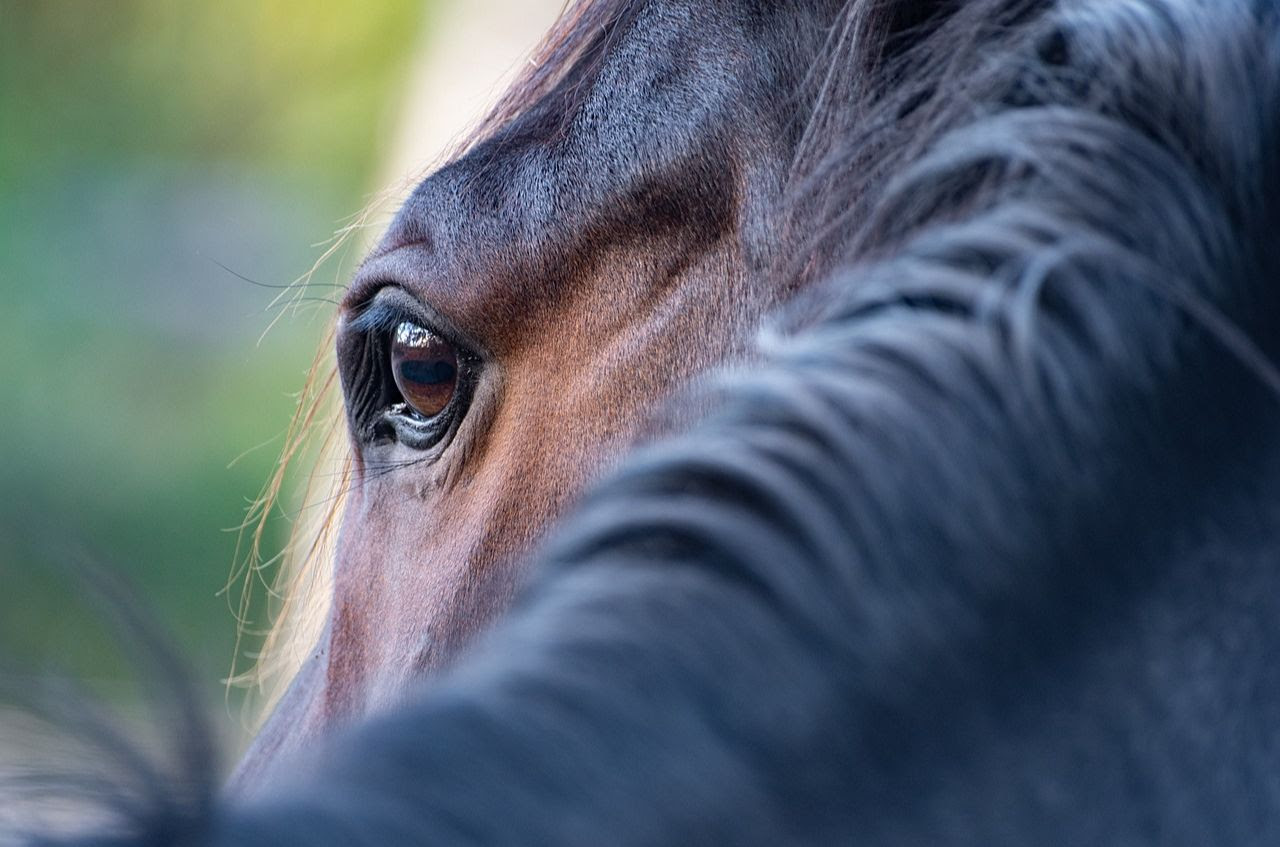
The Animal, Human and Planetary wellbeing platforms, including Foundations, are designed for you. They should be an interesting place, full of support and help with how to actually put your learning into practice in the real world.
Which is why we're already looking ahead.
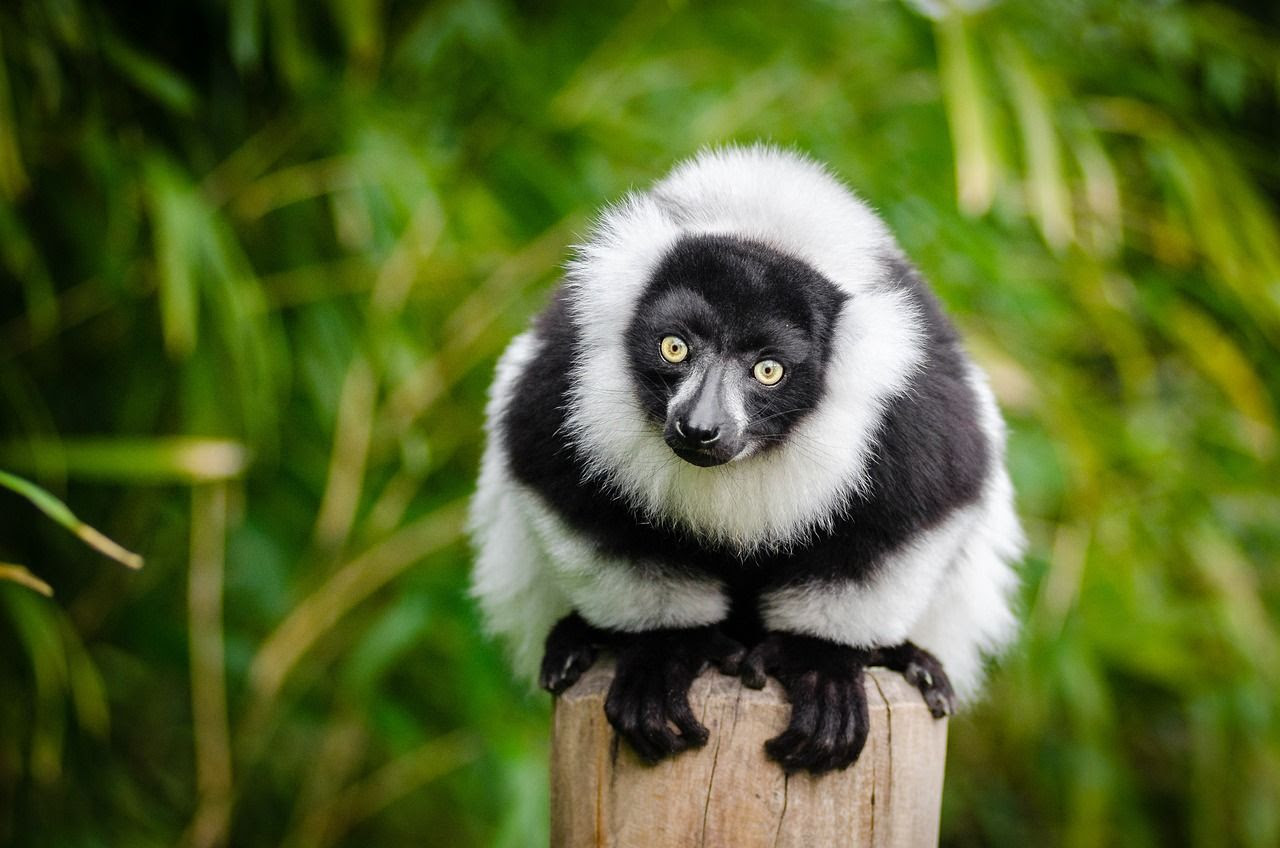
To make the platforms work as best as they possibly can for you, they need to be tailor-made and designed with care. Could you spare a couple of minutes to help us do that for you?
This survey won’t take long - we promise!
Thank you!
Coming to the Conferences?

To do that, we all need to be sharing with and learning from others. Conferences are exciting places to do just that. Which is why we’re off to Ohio!
AnimalConcepts at AZA Conference
Consider the animals that you care for.
What do they do when you're not around to watch them?
We'll be presenting on this very topic at the Association of Zoos and Aquariums Annual Conference hosted by Columbus Zoo. We'll explore techniques and technologies to improve the experience of animals overnight and throughout their lifespan. We're also presenting two posters covering human wellbeing and food sourcing practices within zoos.
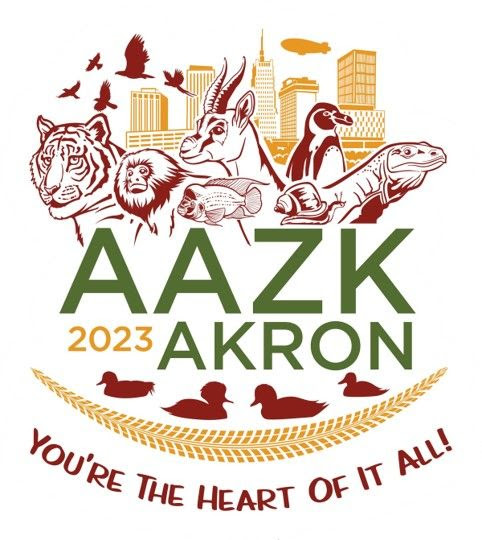
AnimalConcepts at AAZK Conference
The Keynote: How do you care?
How do you care for yourself as an individual. At a leadership level. And as a whole team or organisation. How do you care with compassion and lead with purpose?
Our Keynote Speech at the Nationa...


